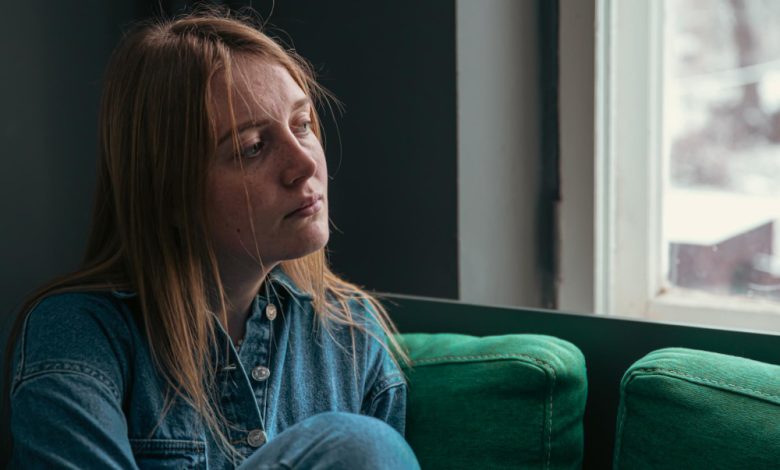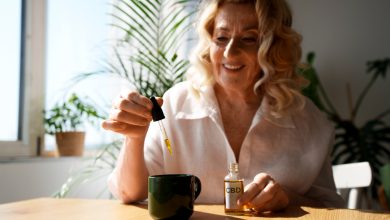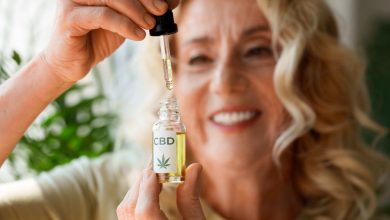
Anxiety and depression are prevalent mental health disorders affecting millions of people worldwide. While traditional treatments such as therapy and medication can be effective for many individuals, some may seek alternative or complementary options to alleviate symptoms. In recent years, there has been growing interest in the potential of medical cannabis as a treatment for anxiety and depression. In this article, we'll explore the current research and evidence surrounding the use of medical cannabis for anxiety and depression relief.
Table of Contents
Understanding Anxiety and Depression
Anxiety and depression are complex conditions that can have profound effects on a person's mood, thoughts, and overall well-being. Anxiety disorders involve excessive worry or fear that can interfere with daily activities, while depression is characterized by persistent feelings of sadness, hopelessness, and loss of interest in activities once enjoyed.
The Endocannabinoid System and Mental Health
The endocannabinoid system (ECS) is a complex network of receptors and neurotransmitters found throughout the body, including the brain. It plays a crucial role in regulating various physiological processes, including mood, stress response, and emotional regulation. Research suggests that dysregulation of the ECS may contribute to the development of anxiety and depression.
Cannabinoids and Their Effects on Anxiety and Depression
Cannabinoids are chemical compounds found in cannabis plants, with two primary cannabinoids being cannabidiol (CBD) and tetrahydrocannabinol (THC). CBD is non-intoxicating and has been shown to have potential anxiolytic (anxiety-reducing) and antidepressant effects without the psychoactive properties of THC.
Studies have found that CBD may help modulate the ECS and promote relaxation, reduce anxiety, and improve mood. Additionally, CBD has been shown to interact with serotonin receptors in the brain, which play a key role in regulating mood and emotional well-being.
THC, on the other hand, is psychoactive and may have both anxiolytic and anxiogenic (anxiety-inducing) effects depending on various factors such as dosage and individual sensitivity. While some individuals may find relief from anxiety and depression with THC, others may experience heightened anxiety or paranoia.
Current Research on Medical Cannabis for Anxiety and Depression
While there is growing interest in the potential of medical cannabis for anxiety and depression relief, the research is still in its early stages, and more large-scale clinical trials are needed to establish its efficacy and safety.
Some small-scale studies and anecdotal evidence suggest that medical cannabis, particularly products high in CBD and low in THC, may offer benefits for individuals with anxiety and depression. However, more rigorous research is needed to determine optimal dosages, delivery methods, and long-term effects.
Conclusion
Medical cannabis, particularly CBD-dominant products, shows promise as a potential treatment for anxiety and depression. However, it's essential to approach its use with caution and under the guidance of a healthcare professional, especially considering the limited research and potential side effects associated with cannabis use.
As research continues to evolve, medical cannabis may emerge as a valuable therapeutic option for individuals struggling with anxiety and depression. In the meantime, individuals are encouraged to explore a comprehensive approach to mental health treatment, incorporating evidence-based therapies, lifestyle modifications, and, when appropriate, alternative treatments like medical cannabis.




